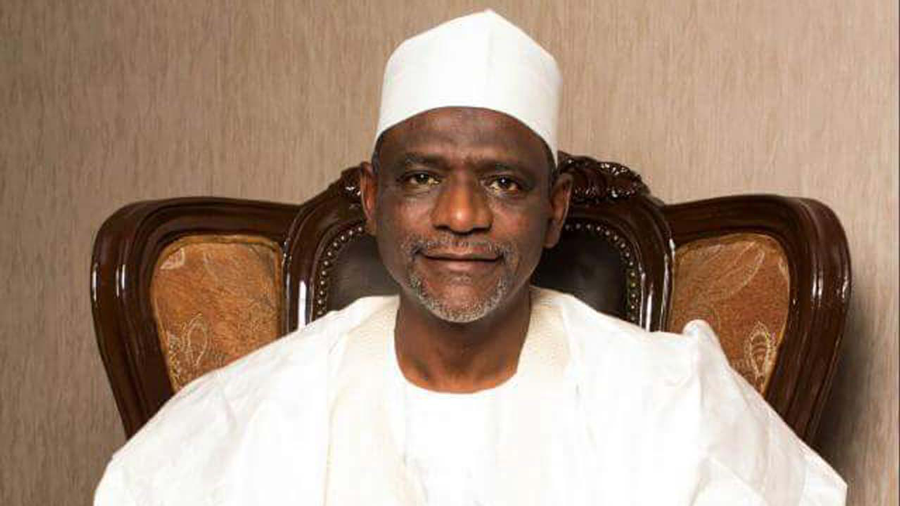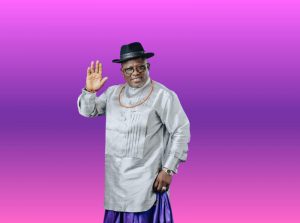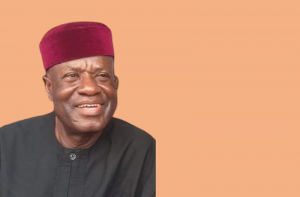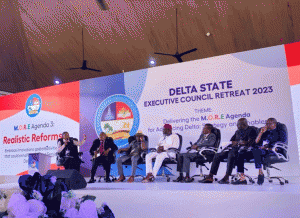
This is the continuation and the concluding part of this story, whose first part was published on this blog last Monday. If you’ve not read that first part, please do so, and continue with the rest of the story below.
While the thought of the paucity of teachers in my school was running riot in my brain, I still was able to go about my other activities in the school, without any hitch.
Along the line, I started making good friends in the school. Among whom were Andrew Okwumabua, Frank Onyibe, Sunday Ezeana, Sunday Nwaogbeni and Clement Adagbor; all of whom are now fathers and big boys.
As my friends and I began to Atikulate, oh, to articulate, we discovered the need for us to form a reading-group, where we could come together, at regular intervals, and study our books, for the purpose of passing our examinations well, even in the absence of teachers.
Soon after the group was formed, we saw ourselves improving in knowledge, which tallies with the Bible verse that says: “Iron sharpeneth iron; so a man sharpeneth the countenance of his friend.” – Proverbs 27:17
As time went on, most of us in that group, became popular in the school, both among the teachers and among other students. It wasn’t our membership of the study-group that made us popular, but the good product (knowledge) that resulted from our membership of the group.
One day, during the first term of my last year in the school, something funny and remarkable happened, involving me and one Mr. Okpareke, a university graduate, who was in my school for his National Youth Service.
The incident happened when I went to the staff-room on that fateful day, as a class prefect, to invite him to come and teach in my class. Immediately he sighted me coming in to the staff-room, he grimaced and said: “Oh, Victor, you again? I don’t even know why I was posted to this local village school?”
I was terribly annoyed over his remark, but I couldn’t do anything about it, unless I wanted to be expelled from the school. Who be me, according to one older soldier, to show my teacher that I was annoyed over what he said?
Mr. Okpareke, on his own, expected me to get angry over what he said and return to my class, but I didn’t. Instead of getting angry and going away, I stood there until he stood reluctantly and followed me to my class.
As I was walking down to my class side-by-side with him, I was occasionally peeking at this face to gauge his countenance.
And as soon as I noticed that the anger on his face had subsided, I looked at him cheerfully, eye-ball to eye-ball, and asked, “Excuse me sir, why did you call my school a local village school? Don’t you know that I and some of my classmates in this local village school are far better than some of the students at Kings College, Lagos; Edo College, Benin-City, and St. Patrick College, Asaba, academically speaking, especially those who are in the same class as we are and who offer the same subjects that we offer?”
I had hardly completed my last question when he smiled and said: “You’re correct. You, Frank Onyibe, Sunday Ezeana and a few other students are doing very well. The few of you, judging by your excellent performances, both in the class and in exams, are not supposed to be in this school. Though that doesn’t stop your school from being a local village school.”
The reason I brought in my story with Mr. Okpareke here is to help me answer my question. I attended a poor public secondary school, yet I left there a first-class student, by all standard. Notwithstanding the fact that I didn’t have enough and qualified teachers.
I can confidently say, therefore, that the high school I attended contributed only about 30% or less effort to my success at my West African Examinations Council School Certificate Examination. The rest 70% or more effort came from me, through my personal hard and smart work.
The same can be said of my classmates, including Frank Onyibe, Sunday Ezeana, Clement Adagbor, and Sunday Nwaogbeni, with whom I passed out from the school the same year. The fact that we did not have enough teachers did not discourage us from studying our books nor stop us from passing our exams.
It even encouraged us to study harder. If we had kept mourning over our school’s lack of facilities and teachers and waited for it to acquire facilities and employ teachers, maybe we would have left the school without any meaningful success.
For those Nigerians who believe that private schools are the beginning and the end of primary and secondary education in Nigeria, here’s my questions for them: Don’t private school students fail their examinations, even with all their beautiful facilities in their school? And Don’t students of public schools, in the absence of teachers and good learning facilities, pass their WAEC and JAMB examinations?
For those who care to listen to me, it might interest them to know that most of the best results recorded at both the West African Examinations Council and Joint Admission and Matriculation Board examinations came from public schools. The records are there for anybody to see.
Looking in another direction, is education only about one passing one’s academic subjects? Is excellence in sports and sports development not part of education? If yes, how many of Nigeria’s sportsmen and sportswomen, both former and current, living and dead, are products of private schools in Nigeria?
Did you get my point?
I’d like to conclude that any lacklustre student can fail his/her WAEC or JAMB examinations, even in the best private school, while a very serious student can do well in a very poor public school.
I rest my case here, while I await your answer to my question!




